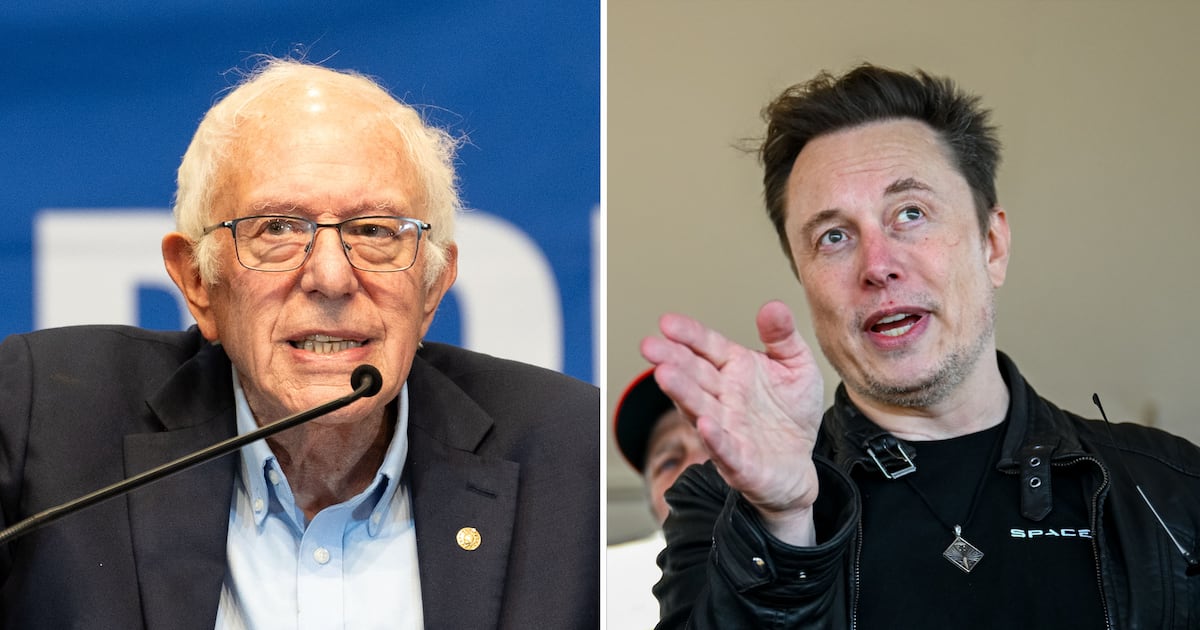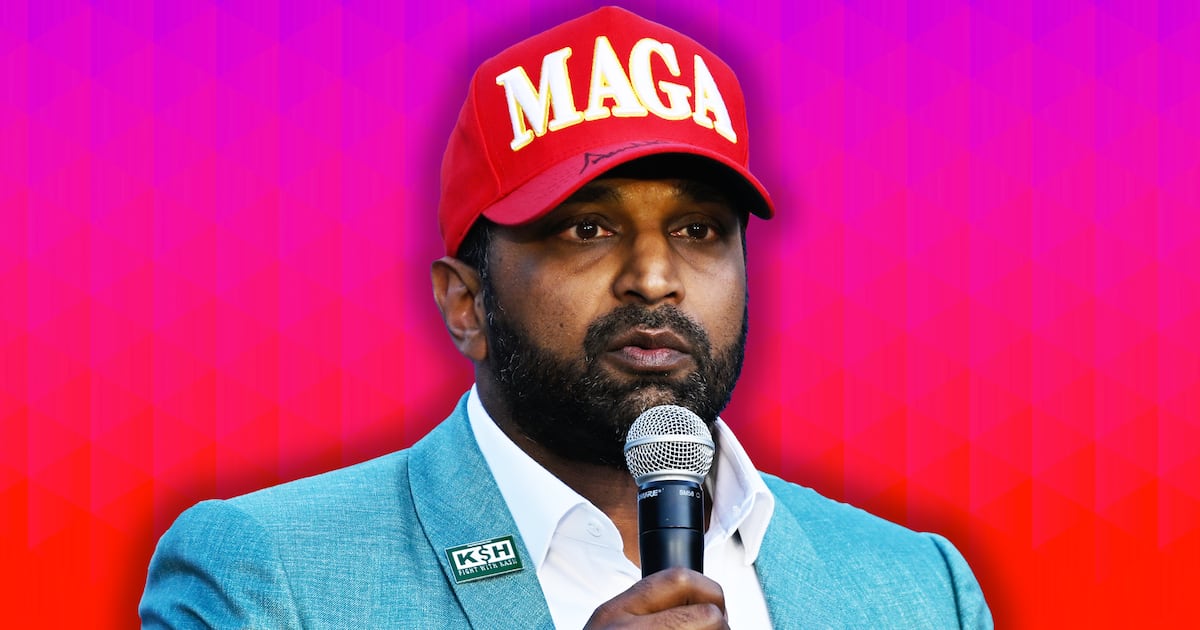Throughout the debate on what to do about all this sexual harassment, people who fancy themselves sensible have beaten the “due process” drum. Roy Moore deserves “due process.” John Conyers deserves “due process.” Jeremy Piven deserves “due process.”
From Jennifer Garner to Nancy Pelosi have called for “due process” in assessing sexual misconduct claims.
None of the high-profile people accused of sexual misconduct are on trial though.
ADVERTISEMENT
In the court of public opinion, for better or for worse, there is no “due process.” There is no pre-established standard accusations must meet before the public or an individual is determined proper in their condemnation. There’s no Public Opinion Supreme Court and, unfortunately, no Public Opinion Ruth Bader Ginsburg. Projecting the Constitution on public opinion is about as absurd as projecting the rules of The Dating Game onto dating.
That’s why the latest appeal to “due process” for men like Alabama Senate candidate Roy Moore, who has been accused by at least a baseball starting line-up’s worth of women of pursuing them as teenagers, falls flat. Clinging to “due process” would rob the public of information they need to make a decision. One woman told The Washington Post that Moore molested her when she was 14, a story that was corroborated by others in the paper. Since then, more people have come forward to corroborate the fact that Moore is a creep and that he was banned from a mall for hassling teens when he was in his thirties. A person is entirely justified in judging Moore harshly for these deeply reported and troubling stories.
The #MeToo moment’s most prominent casualties were brought down by stories that held up in credible news sources but might not have held up in court. Harvey Weinstein’s day of reckoning came at the hand of a pair of stories from The New York Times and The New Yorker. The bad publicity prompted his eponymous company to fire him. It wasn’t until those stories ran that the law was jolted into action. And following the initial report, more women came forward.
CNN’s reporting on Mark Halperin’s sexual creepiness around subordinates caused him to lose a handful of lucrative deals. What he did wasn’t criminal, but that sort of behavior, when built into the architecture of the news media industry, is toxic for women who didn’t realize that sexual favors were in their job descriptions.
Despite this, people sure are trying to foist “due process” on journalism. Stella Morabito at The Federalist writes that Moore’s case is really about the future of due process. Will it live or die? Will we be able to revive the true meaning of due process, i.e., the basic principle that people should be judged fairly on the basis of evidence?” She adds, “Will the term ‘due process’ simply end up as a garbage term that means whatever anybody wants it to mean?”
Perhaps ironically, “people should be judged fairly on the basis of evidence” is not what “due process” means as National Review’s David French pointed out. In the Constitution, “due process” rights only apply when the state is trying to deprive a person of “life, liberty or property.”
“Due process protections, absolutely, positively do not prevent voters from evaluating the veracity of news reports and judging whether a politician is fit for public office,” French writes.
French adds a word of caution that reads as almost clairvoyant.
“While some calls for ‘due process’ are ignorantly sincere, if you see it from an experienced politician, lawyer, or pundit, they’re really just the clever man’s way of applying a double standard. It’s a good way to coax good people into ignoring problematic claims while soothing their guilty conscience.”
(Somebody tell that to Nancy Pelosi, who used the phrase “due process” 12 times during Sunday’s Meet the Press interview, when she called for “zero tolerance” before appealing to “due process” for a member of her caucus accused of sexual harassment.)
Nobody is claiming that any man accused of sexual misconduct should automatically lose everything. People should apply the same scrutiny to news reports of sexual harassment that they do to other news. But nobody should refrain from forming a negative opinion about something until a detective has collected evidence from the scene.
The messiness of this moment can be expected; all real progress eventually moves to uncharted waters. But we can’t look to “due process” to navigate them. If that were the case, Harvey Weinstein would still be a Hollywood power player, Charlie Rose would still have his perch at CBS, and Kevin Spacey would still be on the House of Cards set.






